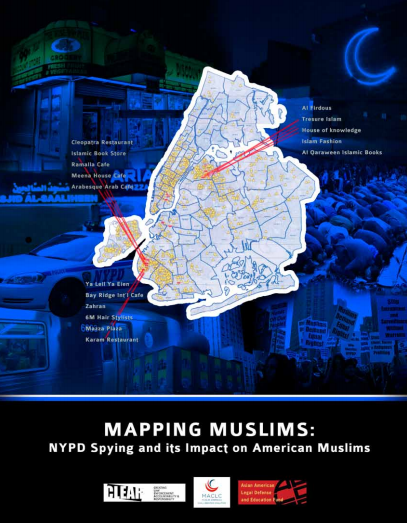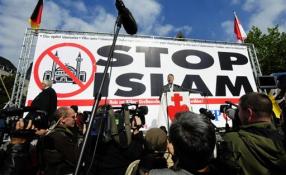Backlash is growing in France against a court ruling in favor of a Muslim employee of a private nursery school who was fired after she refused to take her headscarf off. A new poll has found that four-fifths of people in France would back a proposal to ban Muslim headscarves and other visible signs of religion in private companies.
France’s Interior Minister, who is in charge of religions as well as being the top security official, came out against the ruling last week.
In the poll released Monday, 85 percent of respondents opposed the decision, and more than 80 percent said they back a ban in private workplaces and schools. France already bans headscarves and other “ostentatious” signs of religion in public buildings and has outlawed face-covering veils in all.
Associated Press, 25 March 2013
Update: See also ANSAmed, which reports: “Socialists, intellectuals, politicians and humanitarian NGOs signed an online petition launched by Marianne weekly, calling on the government to enact a new, tougher law in defense of secularism, one that will explain with ‘pedagogy and clarity’ where and when the principle of secularism is to be applied. Prominent signatories include philosophers Elisabeth Badinter, Alain Finkielkraut and Jean-Pierre Le Goff, Socialist Party secretary Harlem Desir, and several former ministers.”


